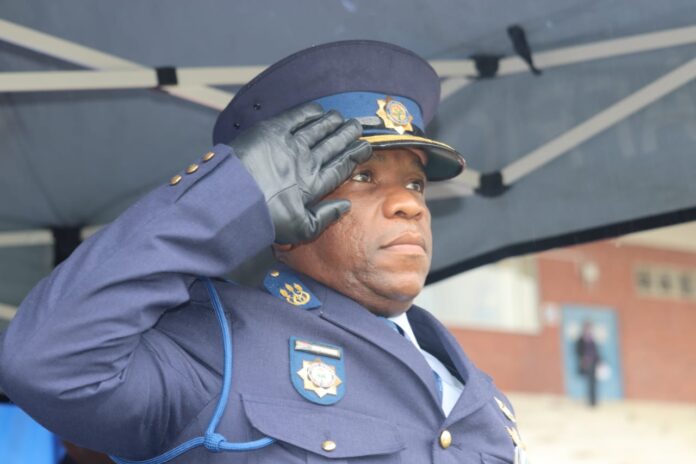Lieutenant General Dumisani Khumalo told the Madlanga Commission on Monday that KwaZulu-Natal Police Commissioner Nhlanhla Mkhwanazi was forced out of his role as acting national commissioner in 2012, disputing claims that he left voluntarily. Khumalo testified that he, Mkhwanazi, and National Police Commissioner Fannie Masemola were all removed from their acting posts while attempting to reform the SA Police Service’s (SAPS) Crime Intelligence division.
“The acting heads that I’ve cited then happened to be moved away prior to the finalisation of the project of trying to turn the environment around. If your reference includes Mkhwanazi, yes, he left, but not of his own free will. It was the same case with the two of us,” Khumalo said.
Mkhwanazi had previously told the inquiry that after his removal he returned to being “just a police official.” Khumalo’s testimony paints a different picture, describing the removal as forced and as stalling reform efforts within Crime Intelligence.
Currently the divisional commissioner for Crime Intelligence and project leader for the Political Killings Task Team (PKTT), Khumalo also carries the weight of his June arrest on fraud and corruption charges related to the appointment of Brigadier Dineo Mokwele and alleged misuse of vetting funds. Despite these charges, he remains unsuspended, and his lawyers say he will address the counts in the coming days. Mkhwanazi described the arrest as “strange” and potentially aimed at weakening the PKTT.
Much of Khumalo’s evidence centred on the PKTT, formed to address KwaZulu-Natal’s epidemic of political killings. He clarified that the unit was created through a presidentially appointed Inter-Ministerial Committee, not as a direct outcome of the Marikana Commission of Inquiry. “All task teams are constituted by the national commissioner, who then has to allocate a budget to them,” Khumalo said.
Pushing back against claims of ministerial interference, Khumalo added: “It is not correct that the PKTT was established as a result of the recommendations of the Moerane Commission. [Former police minister Bheki] Cele never gave directions to the PKTT, which would have exceeded his powers at the time.”
Khapmalo also suggested that entrenched interests inside Crime Intelligence resisted reforms, linking past leadership removals to today’s instability and political interference in policing.
Despite these challenges, Khumalo defended improvements in Crime Intelligence over the past two years, citing positive reports from the Auditor-General, the Inspector-General of Intelligence, and Parliament’s Portfolio Committee on Police. He described the division’s purpose as providing “actionable intelligence” to front-line operations.
Portions of his testimony touched on ongoing Gauteng counterintelligence operations targeting drug cartels and their links to business and criminal justice officials. Khumalo confirmed that 10 PKTT members had been seconded from KwaZulu-Natal to assist in these operations, as previously noted by Masemola.
While under political pressure, the PKTT has not been disbanded. Instead, it has been scaled down but continues to achieve significant breakthroughs, including progress in investigations into the assassinations of Sindiso Magaqa and Armand Swart.
Khumalo’s testimony highlights both the historical turbulence in SAPS leadership and the ongoing challenges facing Crime Intelligence, suggesting that reform efforts continue to face resistance from entrenched interests within the service.

Follow Us on Twitter











